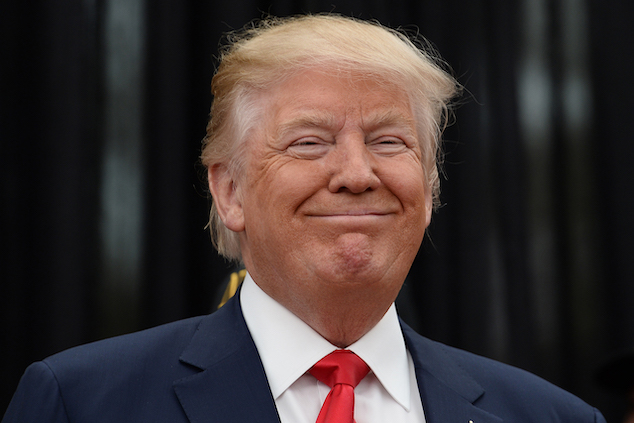
Donald Trump Business Successes and Failures: A look at how the outgoing president stacked up in his business ventures and what that suggests about his one term presidency.
The votes are in and it’s official – Donald Trump will be leaving the White House, making him the first single-term president since George Bush Sr conceded to Bill Clinton in 1992. Despite the incumbent’s protests, the new administration will take over in January 2021 and a controversial chapter in American politics will come to a close.
One of the perceived attributes that helped Trump to election victory in 2016 was his competency in business. After all, this is the man who wrote The Art of the Deal and claims to be worth more than $10 billion. Trump’s true wealth remains shrouded in mystery, with estimates varying wildly according to different sources. With so much disagreement over his business skills, let’s take a look at some of his most notable successes and failures over the years.
1. Failure – Trump Entertainment Resorts
The most famous failure of any Trump enterprise must be his Atlantic City casino empire. Starting as far back as the 1980s, the early years saw profitability and rapid expansion as he sought to give Las Vegas a run for its money. Sadly, the success did not last, and as it later turned out the businesses Trump had acquired came saddled with so much debt that nothing less than $1 million per day in profits could clear it.
The fall of his Atlantic City resorts is often cited as the classic proof that Trump’s business acumen is nothing more than smoke and mirrors. Indeed, how could a casino venture fail – are they not simply a license to print money? In many European online casinos one can find numerous no deposit Angebote or no deposit offers, where casinos give away free money, but because of the lack of sustainability, these have been banned by many regulators. In any case, the demise of TER was not necessarily bad for Trump and could in fact just be an instance of his ruthlessness.
Once employing more than 8,000 people and representing a full third of Atlantic City’s gambling income, when the business collapsed it was devastating both for the local population and the stockholders. Trump on the other hand came out of it well, at least financially. Even the damage to his reputation is debatable, since his admirers cite the debacle as evidence that even a business failure can be profitable if you are smart enough.
2. Success – Real Estate
Trump’s real talent seems to be in real estate, and his success in this area has not necessarily translated to other types of venture. Spanning almost half a century, the bulk of Trump’s business empire stands on the foundations of his properties. His successful New York buildings include the iconic 5th Avenue skyscraper Trump Tower, as well as Trump Place and the Grand Hyatt Hotel.
Across the country and abroad, dozens of hotels, resorts, gold courses and other properties bear the Trump name. Not all of his attempts have borne fruit, however. In 1994 his holdings acquired 50% ownership of the Empire State Building. His goal was to gain it completely, but after failing to evict the other stakeholder he sold his share eight years later.
3. Failure – Trump University
In one of the murkier episodes in the Trump business saga, Trump and his associates set up an unaccredited private for-profit education enterprise in 2005. The so-called university could not confer any official qualifications to its students, who attended short seminars on subjects relating to real estate training.
From day one the company was dogged by legal action and accusations about misleading and aggressive sales tactics. Dubbed a ‘massive scam’ by the National Review, the business ran for scarcely five years. Shortly after his election to the presidency in 2016, Trump was forced to settle the various lawsuits for a combined $25 million.
4. Other Ventures
Donald Trump has started a lot of different ventures, and according to analysis his success rate is around 42%. Considering the sheer number of attempts, this is not a terrible batting average. However, the story seems to be that very little outside of his real estate manages to stick. With the exception of a couple of outliers, his failed businesses survive for an average of around four years before going under.
Thus we have the infamous Trump Steaks which failed to sell on QVC and are now only supplied to his hotels along with Trump-branded wine and water. Trump Vodka saw a similar fate, officially folding in 2011 after a five-year run. Other attempts to branch out went the same way. A search engine, GoTrump.com, aimed that the luxury traveler lasted less than a year. Trump Airlines never turned a profit on its $365 million price tag, and the bursting of the housing bubble in 2007 put paid to Trump Mortgage.
Perhaps Trump’s biggest success is that he has managed to stay solvent all these years, despite multiple collapsed attempts to expand his brand. The true state of his finances remains hidden for now, although we may have had a glimpse earlier this year when it was revealed that he had paid just $750 in federal income taxes during his first year of presidency.






